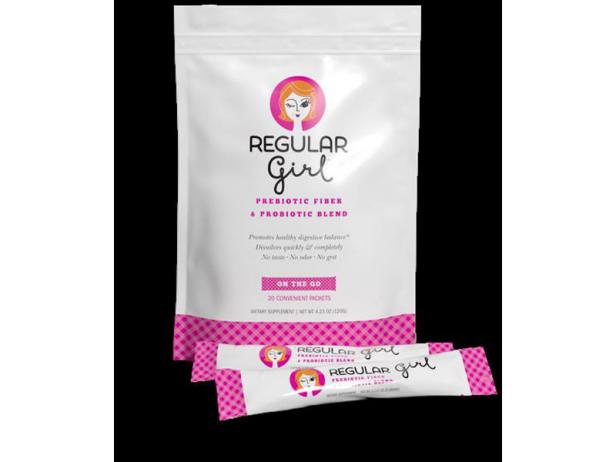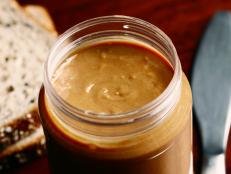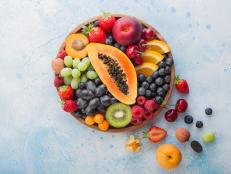Should You Be Taking a Fiber Supplement?

Although my philosophy has always been “food first,” I know that many folks rely on fiber supplements. Last month I received a package in the mail, and after seeing the cutest Regular Girl logo and reviewing it, I thought it was important to tackle this topic — especially since most women don’t get enough fiber in their diet.
The daily recommendation for fiber is between 27 and 40 grams per day. However, the typical American diet has less than 10 grams daily. Fruits and vegetables are a good source of fiber, but whole grains are an even better source. With most Americans falling way short on fruits, vegetables and whole grains in their diet, it’s no surprise that they don’t meet the daily recommendations.
The 2015 Dietary Guidelines for Americans promote eating a more plant-based diet, which would help people meet the daily fiber recommendations. However, most folks don’t stick to the guidelines. Also, many people are afraid to eat starches, including whole grains, and sugar, including natural sugar from fruit. Further, women have monthly changes in their estrogen levels, which can affect the motility of the large intestine, which can in turn affect the ability to be regular, leading to constipation.
I spoke with nutritionist and exercise physiologist Dr. Felicia D. Stoler, DCN, M.S., RDN, FACSM, FAND, who claims, “It’s really about changing behaviors ... so if one can add this to their daily routine, they are on their way to a happy gut.”
Regular Girl is a powder that is made from Sunfiber, which is derived from the guar plant. Other supplements on the market are typically made from psyllium, wheat or chicory. The prebiotic is the fiber itself, while the probiotic in Regular Girl is Bifidobacterium lactis. The prebiotic and the probiotic work together to help promote regularity and good intestinal health. Fiber supplements tend to be pretty safe to take in the amount listed on the label, but always consult your physician or registered dietitian before taking.
Always read the instructions on any fiber supplement you pick up. Regular Girl is a colorless, flavorless, gluten-free powder that can be added to anything without affecting the mouthfeel, viscosity or flavor. Stoler says, “My favorite way to consume Regular Girl is in my morning cup of coffee — hot or cold — it all helps to keep my colon in shape!”
While taking a fiber supplement it’s really important to drink plenty of fluids. Further, it’s also important to eat whole grains, legumes, fruits, vegetables, nuts and seeds to try to get as much fiber as possible from a well-balanced, wholesome diet.
Toby Amidor, MS, RD, CDN, is a registered dietitian and consultant who specializes in food safety and culinary nutrition. She is the author of The Greek Yogurt Kitchen: More Than 130 Delicious, Healthy Recipes for Every Meal of the Day.


































